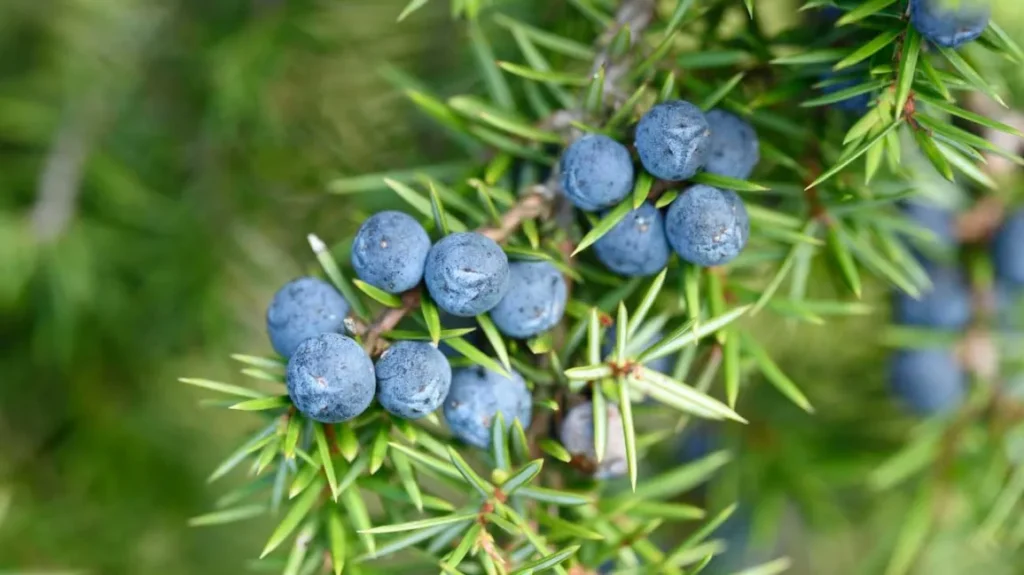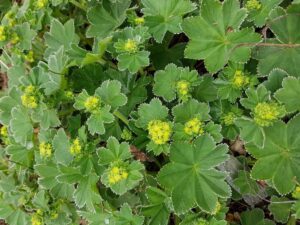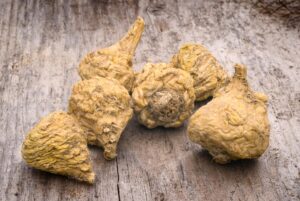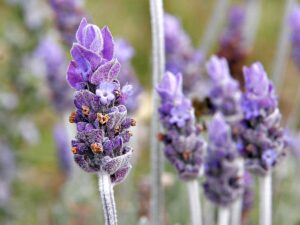Juniper Berries

Juniper Berries are small, spherical fruits from the juniper tree (Juniperus communis). They are widely recognized for their distinct aroma and flavor, often used in culinary, medicinal, and spiritual practices. These berries have a rich history in traditional medicine and are also known for their spiritual significance.
Size:
- Juniper berries are small, typically measuring about 0.2 to 0.4 inches (5 to 10 mm) in diameter. They are roughly the size of a pea.
Color:
- The berries range in color from green when young to deep purple or bluish-black when fully mature. The darker color signifies ripeness and optimal flavor.
Texture:
- Juniper berries have a smooth, waxy surface with a somewhat rough texture due to the small, scale-like leaves that cover them. When dried, the berries become hard and brittle.
Fragrance:
- The berries emit a strong, pine-like aroma, with hints of citrus and spice. This distinctive scent is due to the essential oils present in the berries, particularly pinene and limonene.
Uses:
- Culinary: Juniper berries are commonly used as a spice, particularly in European cuisine. They are a key ingredient in flavoring gin and are also used in marinades, sauces, and meats, especially game.
- Medicinal: Traditionally, juniper berries have been used for their diuretic, anti-inflammatory, and antiseptic properties. They are often found in herbal teas, tinctures, and supplements aimed at treating digestive issues, urinary tract infections, and respiratory problems.
- Spiritual: Juniper berries are believed to offer protection and purification. They are used in rituals to cleanse spaces of negative energy and to promote spiritual clarity.
Habitat:
- Juniper trees are hardy evergreens that grow in a variety of climates, from temperate to cold regions. They are commonly found in North America, Europe, and Asia, thriving in well-drained, sandy soils.
Cultural Significance:
- Throughout history, juniper berries have been valued not only for their culinary and medicinal uses but also for their symbolic meanings. They are often associated with protection, healing, and spiritual purification in various cultures.
Spiritual Properties
- Protection and Purification: Juniper berries are traditionally used in spiritual practices to ward off negative energies and purify spaces. They are believed to create a protective barrier, shielding against harmful influences.
- Spiritual Clarity: The berries are also thought to enhance spiritual awareness and clarity, helping individuals connect with higher consciousness and divine guidance.
Medicinal Properties
- Diuretic Properties: Juniper berries have been used as a natural diuretic, helping to flush out excess fluids and toxins from the body, particularly in cases of urinary tract infections and kidney issues.
- Digestive Aid: The berries are known to stimulate digestion, relieve bloating, and alleviate stomach cramps. They are often included in herbal remedies for gastrointestinal discomfort.
- Anti-inflammatory and Antiseptic: Due to their anti-inflammatory and antiseptic properties, juniper berries are used in treating wounds, respiratory infections, and skin conditions.
Adverse Actions & Side Effects
- Allergic Reactions: Some individuals may experience allergic reactions when handling or consuming juniper berries, such as skin irritation, rashes, or swelling. If any allergic reactions occur, it is advisable to discontinue use immediately.
- Respiratory Issues: In rare cases, the strong aroma or dust from dried juniper berries may cause respiratory irritation or discomfort. It’s recommended to avoid inhaling the dust and ensure proper ventilation when handling or using the berries in enclosed spaces.
Side Effects
- Gastrointestinal Issues: Overconsumption of juniper berries can lead to gastrointestinal discomfort, including nausea, vomiting, or diarrhea. It’s important to use the berries in moderation to avoid these side effects.
- Kidney Strain: Excessive use of juniper berries may place undue strain on the kidneys, particularly in individuals with pre-existing kidney conditions. Monitoring intake is crucial to prevent potential kidney issues.
- Pregnancy Concerns: Pregnant women should avoid using juniper berries, as they may stimulate uterine contractions, increasing the risk of miscarriage.

Lady’s Mantle
Lady's Mantle Lady's Mantle is a perennial herb known for its fan-shaped, serrated leaves and small yellow-green flowers. It has been traditionally used in herbal

Maca Root
Maca Root Maca Root is a plant native to the Andes Mountains in Peru, known for its tuberous root that has been used for centuries

Holy Basil (Tulsi) Protection Tea
Holy Basil (Tulsi) Protection Tea A sacred tea known for its spiritual protection and ability to promote inner strength, clarity, and resilience. Ingredients: Holy Basil

Lavender Flowers
Lavender Flowers Lavender flowers (Lavandula angustifolia) are cherished for their beauty, fragrance, and therapeutic properties. These small, purple blossoms grow in clusters on slender stems

Zedoary
Zedoary Zedoary (Curcuma zedoaria) is a unique herb known for its aromatic rhizome, which is often used in traditional medicine and culinary applications. Native to

White Peppercorn
White Peppercorn White Peppercorns are derived from the same plant as black pepper, Piper nigrum, but are processed differently. They are fully ripened berries that